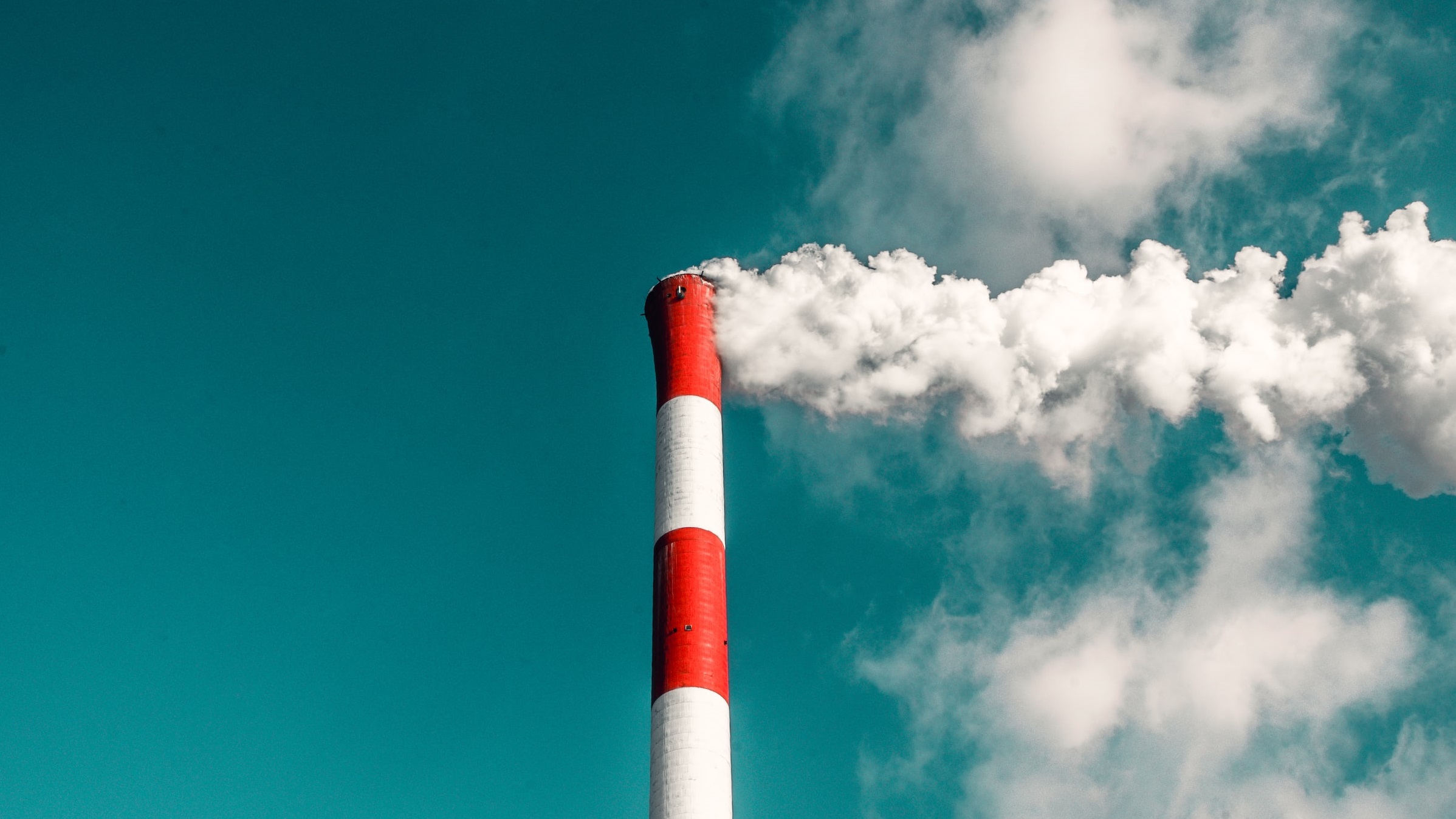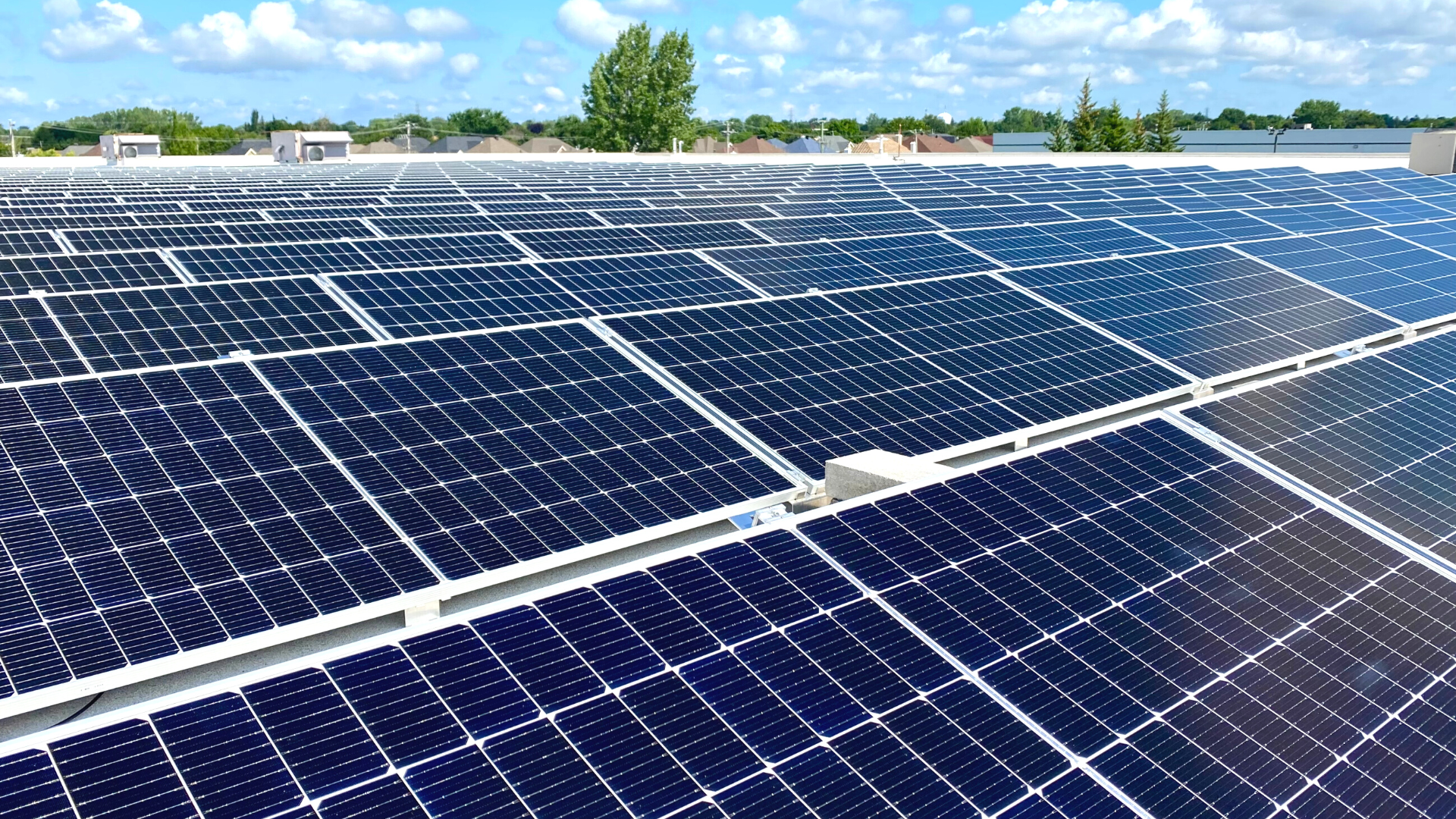Canadian CFR Pricing & Trading Solutions
Our Canada CFR credits pricing and trading solutions help Canadian market participants of all sizes meet compliance requirements reliably and cost-effectively. Leveraging our experience in renewable fuels and environmental commodities, we are able to supply registered CFR credits to our customers while also advising them on the pathways for credit generation across three compliance categories: CO2 emissions reduction projects, low-CI fuel production or import, and transformative end-use fuel switching in transportation.
Contact our Environmental Commodities team to learn how our registered Canada CFR credits pricing and trading solutions can help your business unlock value while supporting the global transition to a more sustainable future.
About CFR Credits
At its heart, CFR mandates suppliers to curtail carbon emissions by adhering to stringent lifecycle carbon intensity (CI) limits for gasoline and diesel, measured in grams of CO2 equivalent per megajoule (gCO2e/MJ). One of the keys to successfully navigating the CFR lies in compliance credits, the tradable currency of carbon reduction.
The CFR program introduces a novel approach to regulate the carbon intensity of fuels in Canada. It specifically targets gasoline and diesel, two of the most prevalent and widely used fuel types. The key metric underpinning CFR is the lifecycle carbon intensity (CI), expressed as grams of carbon dioxide equivalent per megajoule (gCO2e/MJ). This metric provides a comprehensive measure of the environmental impact of different fuel types throughout their entire lifecycle, from production to consumption.
Related Content

Carbon Credits
Carbon credits are created by governments capping the amount of CO2 an entity may emit, and allocating a quantity of credits to entities covered in a regulated jurisdiction or policy regime.

Carbon Markets
Global carbon markets are broken down into two major market types; voluntary carbon markets (also known as VCMs) and compliance carbon markets, which vary by jurisdiction.

Carbon Pricing
A carbon price typically appears as a carbon tax or in emissions trading, with the main policy instrument being an Emissions Trading System (ETS), also known as Cap-and-Trade (CAT) program.
Environmental Commodities
Learn more about our carbon credit, carbon offset and renewable energy certificate (REC) programs & solutions for compliance and voluntary carbon markets around the world.

Carbon Offsets
A carbon offset is a transferrable credit certified by governments or certifying bodies to represent an emission reduction of one metric tonne of CO2, or an equivalent amount of other GHGs.
